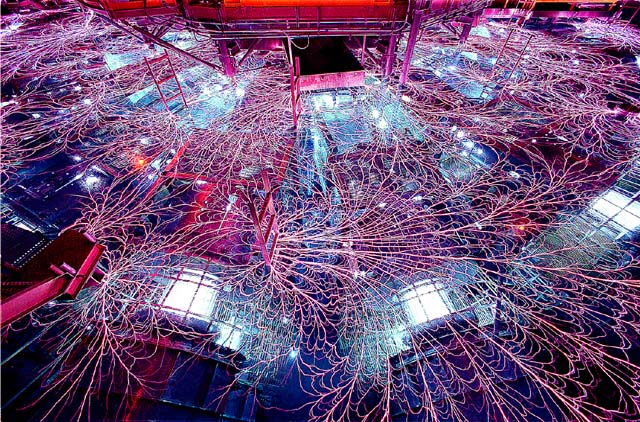- Joined
- Sep 10, 2011
- Messages
- 44
- Points
- 0
So this might sound like a stupid question but if we can achieve all the colors of the visible spectrum with high grade optics and beam combineders why can we make a black laser beam?

Follow along with the video below to see how to install our site as a web app on your home screen.
Note: This feature may not be available in some browsers.



what i understand true black is when no light is reflected of the surface/ materiel
that would mean you cant make black with light.
some one correct me if i am wrong


I think you mean Heisenberg's uncertainty popsicle.

Well, bobhaha pwned everyone with the wave cancellation theory in that other thread.




